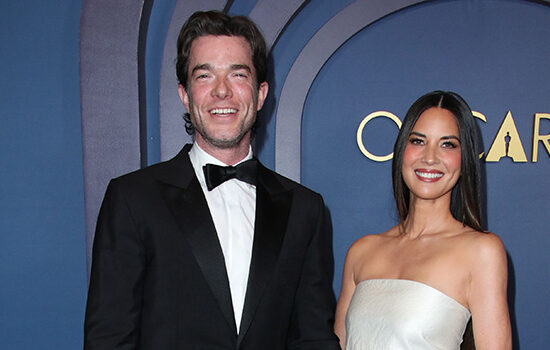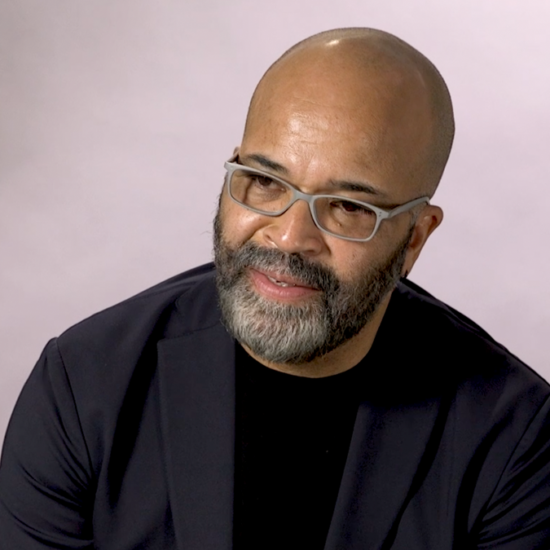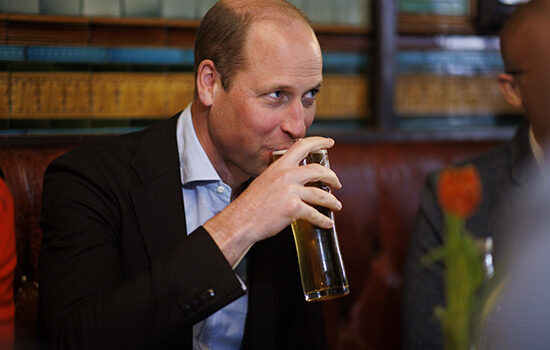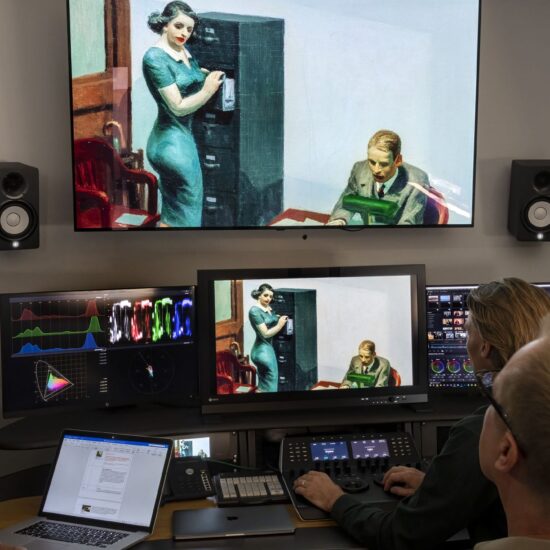
The winner of the Nobel Prize in Literature, three National Book Awards and the Pulitzer Prize, Saul Bellow transformed modern literature. He illuminated 20th-century American life through philosophical depth and a wild sense of humor. Some of the greatest American writers alive today credit him as their main inspiration. In addition to being an intellectual powerhouse, Bellow was also a controversial participant in America’s culture wars: a man both praised and reviled for his willingness to confront the issues of literacy, race, sex, crime and class. This timeline explores Bellow’s life and the major milestones in his career.

EARLY BEGINNINGS
Solomon Bellows (Saul Bellow) is born in Lachine, Quebec, the fourth child of Russian-Jewish immigrants. His parents speak Yiddish and Russian, the children speak Yiddish and English at home, and French on the streets.
1915
The family move to the Jewish slums of Montreal. His father struggles to make a living as a wholesaler, marriage broker, junk dealer and bootlegger. ‘His talent’, Saul would later write, ‘was for failure.’
1918
THE MOVE TO THE U.S.
Saul and his family are smuggled into the United States, where they live for many years without legal citizenship. Says Saul, ‘the streets were freedom for us growing up in Chicago. Everything was happening on those streets, legitimate and illegitimate.’
1924

The family’s coal business enjoys some success. However, Bellow’s determination to embrace academia and art rather than the family business leads him to be mocked by his father and his elder brother as a ‘schmuck with a pen.’
1931
INTRODUCING SAUL BELLOW
Bellow wins third prize in a newspaper short story connection. The story is published under his adopted name Saul Bellow. ’I wanted to break with everyone, even my family, so I chose the other name, which was a legitimate name, and belonged to me alone.’
1936
Bellow’s academic career stalls, and he is fired from his job in his brother’s coal yard. He marries Anita Goshkin. She works while Bellow writes.
1938
His first novel, “Dangling Man,” sells just 1,506 copies. Bellow does, however, attract some attention from Hollywood executives. They, after seeing photos of the author, unsuccessfully offer Bellow a movie career as the ‘guy who loses the girl to the Errol Flynn type.’
1944
FINDING HIS VOICE
Bellow’s novel “The Adventures of Augie March” is published. Its famous opening line ‘I am American, Chicago-born’ may not be literally accurate of Bellow himself but evokes the determination of this son of Jewish immigrants to be accepted as an authentic American artist. The book wins the National Book Award and is considered by many to be a breakthrough in American fiction.
1954
Bellow’s career continues to flourish with “Henderson the Rain King.” The novel tells of a successful man frustrated by American materialism who goes to Africa in search of spiritual contentment. Bellow successfully merges philosophical themes with comedy although there is some criticism of his depiction of African characters.
1959

MAKING IT BIG
Bellow (through the novel “Herzog”) displaces John le Carrē as number one on the New York Times Bestsellers List. A scholar of romanticism is driven crazy by his own romantic troubles. He writes an avalanche of unsent letters to famous men that depict his intellectual ideas and complain about his unfaithful wife. The vicious depiction of a character modelled on Bellow’s second wife, Alexandra Tschacbasov, and the notorious passage that women ‘eat green salad and drink human blood’ would attract much feminist criticism.
1964
A CONSERVATIVE IN THE CULTURE WARS
Bellow, ‘after having ‘a bad reaction to the 1960s’ publishes “Mr. Sammler’s Planet.” A Holocaust survivor now living in New York fears that the contemporary counter culture, the sexual revolution and rampant crime signal another imminent collapse of civilization and an ‘outbreak of savagery and barbarism.’
1971
“Humboldt’s Gift” tells the story of a doomed poet (based on Bellow’s friend Delmore Schwartz) destroyed by madness and America’s preference for business over art. The book features much else besides, including depictions of Chicago’s gangsters and of its even more dangerous divorce lawyers, a subject of great concern for the oft-divorced Bellow. The novel wins the Pulitzer Prize despite having depicted the award as a ‘dummy publicity award given by crooks and illiterates.’
1975
AND THE NOBEL PRIZE FOR LITERATURE GOES TO SAUL BELLOW
Bellow’s career is at its pinnacle although fame and fortune have its drawbacks. He describes winning the Nobel as initially ‘very agreeable … you feel a little like Cinderella’ but very soon ‘you realize that you are no longer your own master.’
1976
Despite its comedy, “The Dean’s December” is often considered Bellow’s most somber, even sorrowful novel. It moves between totalitarian, dimly-lit Romania and crime-ridden Chicago.
1981

At age 84, Bellow becomes a father for his fourth time, after his wife Janis Freedman-Bellow gives birth to their daughter Naomi Rose. Saul remarks that he is like ‘a great grandfather to my own child. It is a novelty to say the least.’
1999
“Ravelstein,” a fictionalized, loving account of Bellow’s friendship with the conservative intellectual Allen Bloom is published. The book is considered more impressive still given that Bellow is by this stage in his mid-80s. It is, however, criticized by some for ‘outing’ Bloom as gay and having died from AIDS.
2000
Bellow dies at home in Massachusetts and is buried in Vermont.
2005














